Home>diy>Home Improvement>How To Find Houses In Need Of Renovation


Home Improvement
How To Find Houses In Need Of Renovation
Modified: January 6, 2024
Looking for houses in need of renovation? Discover essential tips and tricks on home improvement to help you find your ideal project.
(Many of the links in this article redirect to a specific reviewed product. Your purchase of these products through affiliate links helps to generate commission for Storables.com, at no extra cost. Learn more)
Introduction
When it comes to home improvement projects, finding houses in need of renovation can be an excellent way to invest your time, money, and creative energy. Whether you’re a seasoned investor looking for a new project or a homeowner looking to tackle a fixer-upper, there are several key factors to consider when identifying potential properties.
In this article, we will explore various methods and strategies for finding houses in need of renovation. From researching the local real estate market to attending real estate auctions and networking with contractors and investors, we will cover it all. So, let’s dive in and discover how to find your next renovation project.
Key Takeaways:
- Transforming neglected houses into profitable renovation projects requires thorough research, strategic networking, and careful assessment of property conditions and renovation costs.
- Leveraging negotiation skills and market insights can help secure renovation properties at favorable prices, setting the stage for successful and rewarding home improvement projects.
Read more: How To Find Out When Your House Was Built
Factors to Consider in Identifying Houses in Need of Renovation
Identifying houses in need of renovation requires a careful assessment of various factors. These factors will help you determine if a property is worth investing in and if it aligns with your renovation goals. Here are some key factors to consider:
- Location: The location of a property plays a significant role in its potential for renovation. Look for houses in neighborhoods with a high demand for housing or in up-and-coming areas with improving amenities and infrastructure.
- Condition of the Property: Assess the overall condition of the property, including its structural integrity, plumbing, electrical systems, and foundation. Properties that require cosmetic updates, such as painting and flooring, may present great opportunities for renovation.
- Scope of Renovation: Determine the extent of the renovation work needed. Are you looking for a complete overhaul or a more manageable project? Consider your budget, time commitment, and skills when evaluating the scope of the renovation.
- Market Demand: Research the current real estate market and understand the demand for renovated properties in the area. Look for areas where renovated homes have a higher selling price and quicker turnaround time.
- Budget and Financing: Evaluate your budget and financing options for purchasing and renovating the property. Consider factors such as purchase price, renovation costs, and potential return on investment.
By considering these factors, you can narrow down your search and focus on properties that have the potential to become profitable renovation projects. Always remember to conduct a thorough inspection and seek professional advice if needed before making any purchasing decisions.
Researching Local Real Estate Market
One of the first steps in finding houses in need of renovation is to thoroughly research the local real estate market. Understanding the market trends and dynamics will help you identify potential opportunities and make informed decisions. Here are some helpful tips for researching the local real estate market:
- Study Market Reports: Consult market reports from reputable sources such as local real estate associations, government agencies, and online platforms. These reports provide valuable insights into price trends, supply and demand dynamics, and overall market conditions in your target area.
- Analyze Comparable Sales: Look at recent sales data for similar properties in the area. By analyzing comparable sales, you can gain a better understanding of market prices and identify potential opportunities where renovation properties are sold at a discount.
- Identify Up-and-Coming Neighborhoods: Keep an eye out for emerging neighborhoods that show signs of growth and improvement. These neighborhoods often present excellent opportunities for finding houses in need of renovation at a relatively lower price.
- Track Days on Market: Pay attention to the average number of days a property stays on the market. If houses in a particular area have a longer time on the market, it may indicate a higher number of properties in need of renovation or properties that are priced above market value.
- Watch for Foreclosure and Short Sale Listings: Foreclosure and short sale listings are often indicative of distressed properties that may require significant renovation. Monitor these listings as they can offer potential bargains for renovation projects.
- Follow Local Real Estate News: Stay updated with local real estate news, as it can provide valuable information on market trends, new developments, and investment opportunities. Subscribe to local real estate publications or follow reputable websites and social media accounts for the latest news and insights.
By conducting thorough research and staying informed about the local real estate market, you will be better equipped to identify houses in need of renovation that have the potential for a successful project and a significant return on investment.
Utilizing Online Listing Platforms
In today’s digital age, online listing platforms have become a valuable resource for finding houses in need of renovation. These platforms provide a vast inventory of properties and allow you to search based on various criteria, including condition, price range, and location. Here are some tips for effectively utilizing online listing platforms:
- Choose Reputable Platforms: Start by selecting reputable online listing platforms with a large database of properties. Popular platforms such as Zillow, Realtor.com, and Redfin are well-known for their extensive listings and user-friendly interfaces.
- Narrow Down Search Criteria: Utilize the platform’s search filters to refine your results. Filter based on property condition, keywords (such as “fixer-upper” or “handyman special”), and specific neighborhoods or ZIP codes.
- Set Up Alerts: Take advantage of the platform’s alert or notification feature to receive updates on new listings that match your criteria. This can help you stay ahead of the competition and act quickly when a potential renovation opportunity arises.
- Pay Attention to Property Descriptions and Photos: Read property descriptions carefully to get a sense of the property’s condition and potential renovation needs. Look for keywords that indicate properties in need of repair or renovation, such as “as-is” or “fixer-upper.” Additionally, thoroughly examine the listing’s photos to understand the current state of the property.
- Contact Listing Agents: If you come across a promising listing, reach out to the listing agent for more information. They can provide valuable insights about the property and potentially notify you of upcoming renovation opportunities that may not be publicly listed yet.
- Save and Compare Listings: Create a personalized account on the platform to save and compare listings. This will allow you to easily track properties of interest and make side-by-side comparisons to determine which ones align with your renovation goals.
Online listing platforms offer a convenient and efficient way to search for houses in need of renovation. By leveraging the filters, alerts, and communication features available on these platforms, you can streamline your search and increase your chances of finding the perfect renovation project.
Attending Real Estate Auctions
If you’re looking for houses in need of renovation at potentially discounted prices, attending real estate auctions can be a fruitful avenue to explore. Real estate auctions often feature distressed properties, foreclosures, and properties sold “as-is,” making them ideal for finding renovation opportunities. Here are some valuable tips for attending real estate auctions:
- Research Auctions: Research and identify reputable auction companies in your area that specialize in real estate. Check their websites or contact them directly to obtain information about upcoming auctions, including the properties on offer.
- Attend Pre-Auction Inspections: Many auction companies allow potential buyers to inspect the properties before the auction. Take advantage of these pre-auction inspections to evaluate the condition of the properties and assess the level of renovation required.
- Set a Budget: Determine your maximum bidding limit and set a budget. It’s important to have a clear understanding of your financial capacity to prevent overextending yourself during the auction process.
- Do Your Due Diligence: Before the auction, conduct thorough research on the properties of interest. Review property records, assess market value, and consider the potential renovation costs. This information will help you make informed decisions during the auction.
- Register and Understand the Rules: To participate in the auction, you will typically need to register and obtain a bidder’s number. Familiarize yourself with the auction rules and procedures to ensure a smooth bidding experience.
- Stay Disciplined: During the auction, it’s easy to get caught up in the excitement and bid beyond your budget. Stay disciplined and stick to your predetermined bidding limit. Don’t let emotions dictate your decisions.
- Observe Other Bidders: Pay attention to other bidders and their behavior. This can provide insights into their level of interest, their bidding strategies, and the overall demand for the properties. Adapt your approach accordingly.
- Be Prepared for Post-Auction Processes: If you win a property, be ready to complete the necessary paperwork and financial transactions promptly. Depending on the auction terms, you may need to provide a deposit or make immediate payment.
Attending real estate auctions can be an exciting way to find houses in need of renovation at potentially favorable prices. However, it’s crucial to do your due diligence, set a budget, and approach the auction process strategically to maximize your chances of acquiring a profitable renovation project.
Read more: How To Find A Hole In A Bounce House
Looking for Distressed Properties
When searching for houses in need of renovation, distressed properties can often be a treasure trove of opportunities. Distressed properties are properties that are in poor condition, may be in foreclosure, or have motivated sellers. Here are some strategies for finding distressed properties:
- Foreclosure Listings: Check foreclosure listings through local courthouses, banks, or online platforms. These properties are often sold at a discount and can be excellent prospects for renovation.
- Short Sales: Short sales occur when a homeowner needs to sell their property for less than they owe on their mortgage. These distressed sales can present opportunities for purchasing houses in need of renovation at a lower price.
- Driving for Dollars: Take a drive through target neighborhoods and look for signs of neglect or properties that appear vacant or abandoned. These properties can indicate distressed situations where owners may be motivated to sell.
- Networking with Local Contractors: Build relationships with local contractors who often work on distressed properties. They may have insights on properties that are in need of renovation or may be willing to refer you to motivated sellers.
- Connecting with Wholesalers: Wholesalers are real estate professionals who specialize in finding off-market properties, including distressed properties. Network with wholesalers in your area to gain access to potential renovation opportunities.
- Checking Public Records: Research public records for properties that have tax liens, code violations, or other indicators of distress. These records can direct you to properties that may be candidates for renovation.
- Attending Real Estate Workshops or Seminars: Real estate workshops or seminars often attract investors and real estate professionals who may have leads on distressed properties. Attend these events to connect with like-minded individuals and learn about potential renovation opportunities.
- Working with a Real Estate Agent: Collaborate with a knowledgeable real estate agent who specializes in distressed properties. They can help you identify properties in need of renovation and guide you through the purchasing process.
Remember, when dealing with distressed properties, it’s important to approach with caution and conduct thorough due diligence. Assess the property’s condition, evaluate potential renovation costs, and consider the overall feasibility of the project before making an offer.
Collaborating with Real Estate Agents
When searching for houses in need of renovation, collaborating with a knowledgeable real estate agent can be incredibly beneficial. Real estate agents have access to extensive listings, market expertise, and valuable insights that can help you find the perfect renovation project. Here are some ways to effectively collaborate with real estate agents:
- Find an Agent Specializing in Renovations: Look for a real estate agent who specializes in working with investors or who has experience with renovation projects. They will have a better understanding of the unique requirements and challenges of finding houses in need of renovation.
- Communicate Your Renovation Criteria: Clearly communicate your renovation criteria to your real estate agent. Let them know about your budget, desired location, property condition preferences, and any specific renovation goals you have in mind. This will help them focus their search and present you with suitable options.
- Tap into Their Network: Real estate agents often have a vast network of contacts in the industry. They can connect you with contractors, lenders, and other professionals who can assist you with your renovation project.
- Ask About Off-Market Opportunities: In addition to publicly listed properties, real estate agents may have access to off-market opportunities. These properties are not actively listed but may be available for sale or in need of renovation. So, don’t hesitate to ask your agent about any off-market options they can provide.
- Lean on Their Market Expertise: Real estate agents possess valuable market expertise and can provide insights into market trends, pricing, and neighborhood dynamics. Leverage their knowledge to make informed decisions about the potential profitability of a renovation project.
- Accompany Your Agent on Showings: It’s essential to physically visit potential properties before making an offer. Accompany your real estate agent on showings to evaluate the property’s condition, identify renovation needs, and ensure it aligns with your renovation goals.
- Utilize Their Negotiation Skills: Real estate agents are skilled negotiators. They can help you navigate the negotiation process, secure the best possible price, and negotiate terms that favor your renovation plans.
- Stay in Regular Communication: Maintain open and regular communication with your agent. Update them on any changes or refinements to your renovation criteria and provide feedback on properties you have viewed. This will ensure they can fine-tune their search and present you with the most suitable options.
Collaborating with a real estate agent who understands your renovation goals and has experience in the field can significantly enhance your search for houses in need of renovation. Their expertise, network, and negotiation skills will streamline the process and increase your chances of finding a successful renovation project.
Look for distressed properties in foreclosure listings, drive around neighborhoods to spot neglected homes, and network with real estate agents specializing in fixer-uppers.
Networking with Contractors and Investors
Networking with contractors and investors can be a valuable strategy for finding houses in need of renovation. Contractors and investors are often well-connected within the real estate industry and can provide insights, leads, and potential partnerships. Here are some tips for effectively networking with contractors and investors:
- Attend Real Estate Networking Events: Look for local real estate networking events, seminars, or workshops where you can meet contractors and investors. These events provide opportunities to connect with like-minded individuals and build a network of contacts in the industry.
- Join Online Real Estate Communities: Participate in online forums, social media groups, and real estate-focused communities. Engage in discussions, ask questions, and seek advice from contractors and investors who are active in these communities.
- Connect through Referrals: Ask your existing network, such as friends, family, and colleagues, if they know any contractors or investors who specialize in renovation projects. Referrals can be a reliable way to find reputable and trustworthy professionals in the field.
- Attend Local Real Estate Investor Meetings: Many areas have local real estate investor groups that hold regular meetings. Attend these meetings to network with experienced investors who often have insights into potential renovation projects.
- Collaborate on Joint Ventures: Consider partnering with investors on joint ventures for renovation projects. This collaboration allows you to pool resources, share expertise, and increase your chances of finding profitable opportunities.
- Seek Recommendations from Contractors: Don’t hesitate to ask contractors you know or work with if they are aware of any houses in need of renovation. Contractors often have firsthand knowledge of properties that require work and may be willing to provide recommendations.
- Attend Trade Shows and Conferences: Explore local trade shows or conferences related to the construction and real estate industries. These events are an excellent opportunity to network with contractors, suppliers, and investors who are actively involved in renovation projects.
- Engage in Online Platforms for Contractors: Join online platforms or directories specifically designed for contractors. Connect with contractors who specialize in renovation work and explore potential collaboration opportunities.
Networking with contractors and investors can open the doors to valuable leads and opportunities for finding houses in need of renovation. By building relationships within these professional circles, you can leverage their expertise, connections, and insights to find the perfect renovation project.
Driving through Target Neighborhoods
Driving through target neighborhoods is a practical and hands-on approach to finding houses in need of renovation. By physically exploring different areas, you can identify properties that show signs of neglect, vacancy, or potential renovation opportunities. Here are some tips for effectively driving through target neighborhoods:
- Identify Target Neighborhoods: Determine the neighborhoods or areas where you want to focus your search for renovation projects. Consider factors such as property values, growth potential, and proximity to amenities.
- Plan Your Route: Map out a route to navigate through the target neighborhoods efficiently. This will help you cover a larger area and ensure you don’t miss any potential properties.
- Observe Property Conditions: Pay close attention to the condition of properties as you drive by. Look for signs of neglect, such as overgrown lawns, boarded-up windows, or visible maintenance issues. These properties may indicate a need for renovation.
- Take Note of Vacant or Abandoned Properties: Keep an eye out for vacant or abandoned properties, as they often present renovation opportunities. Write down the addresses or take photos of these properties to further investigate their potential for renovation.
- Look for Construction or Renovation Activity: Notice any properties with ongoing construction or renovation work. This may indicate that homeowners or investors in the area are actively involved in renovation projects.
- Talk to Neighbors: If you come across properties that pique your interest, strike up conversations with neighbors in the area. They may have insights about the property, its current condition, or any potential renovation plans.
- Take Note of For Sale Signs: Look out for real estate for sale signs in front of properties. These properties may be available for purchase, and with further investigation, you can determine if they require renovation.
- Visit during Different Times of the Day: Drive through the target neighborhoods at different times of the day to get a sense of the area’s liveliness, safety, and overall ambiance. This will help you make a well-rounded assessment of the neighborhood’s potential for renovation projects.
Driving through target neighborhoods allows you to gain firsthand knowledge of the area and identify properties that may require renovation. By combining this approach with other research methods, you can increase your chances of finding suitable houses in need of renovation.
Read more: How To Find Drainage Plans For My House
Assessing Exterior Condition of Houses
When looking for houses in need of renovation, assessing the exterior condition of a property is crucial. The exterior can provide valuable clues about the overall state of the house and the extent of renovation required. Here are some key factors to consider when assessing the exterior condition of houses:
- Roof: Inspect the roof for signs of damage, such as missing shingles, sagging, or leaks. A deteriorating roof may indicate the need for a costly renovation or replacement.
- Siding and Exterior Walls: Examine the siding and exterior walls for cracks, peeling paint, or other visible signs of wear and tear. These issues may require repairs or a fresh coat of paint as part of the renovation process.
- Windows and Doors: Check the condition of the windows and doors. Look for cracks, gaps, or difficulty opening and closing, which can indicate the need for repairs or replacements.
- Foundation: Assess the foundation for any visible cracks or signs of shifting. Foundation issues can be costly to repair and may require the expertise of a professional contractor.
- Driveway and Walkways: Evaluate the condition of the driveway and walkways. Look for cracks, potholes, or uneven surfaces that may need repairs or repaving.
- Landscaping: Consider the state of the landscaping. Overgrown shrubs, dead trees, or an unkempt lawn may indicate a lack of maintenance, but also present an opportunity to improve the curb appeal through landscaping renovations.
- Exterior Structural Integrity: Take note of any signs of structural issues, such as leaning or bowing walls, sagging gutters, or uneven floors. These issues could indicate significant structural damage in need of repair.
- Outdoor Amenities: Assess any outdoor amenities such as decks, patios, or porches. Look for signs of decay, rot, or instability, which may require repairs or replacement.
- Overall Curb Appeal: Consider the overall curb appeal of the house. Does it look inviting, well-maintained, and aesthetically pleasing? A lack of curb appeal can provide an opportunity for a renovation project to enhance the exterior appearance.
By carefully assessing the exterior condition of houses, you can determine the renovation needs and estimate potential costs. Keep in mind that certain issues, such as structural damage or foundation problems, may require the expertise of a professional contractor for further evaluation.
Observing Interior Signs of Neglect
When searching for houses in need of renovation, observing the interior signs of neglect is crucial. The condition of the interior can provide valuable insights into the extent of renovation required and the overall state of the property. Here are some key factors to consider when observing the interior signs of neglect:
- Walls and Ceilings: Look for cracks, water stains, or peeling paint on the walls and ceilings. These signs may indicate water damage, structural issues, or a lack of maintenance.
- Flooring: Assess the condition of the flooring. Look for worn-out carpets, damaged tiles, or water damage. Determine if the flooring needs repairs or replacement as part of the renovation process.
- Electrical Systems: Check the functionality of electrical outlets and switches. Look for exposed wiring or outdated electrical systems, which may require updates by a licensed electrician.
- Plumbing: Observe the plumbing fixtures for leaks, water stains, or signs of corrosion. Assess the water pressure and drainage to identify any plumbing issues that may need attention during the renovation.
- Kitchen and Bathroom: Inspect the kitchen and bathroom for outdated fixtures, worn-out cabinets, or damaged countertops. Consider whether these areas need cosmetic updates or a complete renovation.
- Windows and Doors: Check the functionality of windows and doors. Look for drafts, broken or inefficient windows, or doors that don’t close properly. Addressing these issues may be necessary to improve energy efficiency and security.
- Heating and Cooling Systems: Evaluate the condition of the heating and cooling systems. Look for signs of age or malfunction, such as inconsistent temperature or unusual noises. Determine if repairs or replacement are necessary.
- Odors and Air Quality: Pay attention to any unusual odors or poor air quality within the house. Mold, mildew, or strong odors may indicate underlying issues that need to be addressed as part of the renovation process.
- Overall Layout and Functionality: Consider the overall layout and functionality of the space. Determine if any structural changes, such as removing walls or reconfiguring rooms, are necessary to enhance the flow and usability of the property.
By observing the interior signs of neglect, you can assess the level of renovation required and estimate the potential costs. Keep in mind that certain issues, such as electrical or plumbing problems, may require the expertise of professionals for further evaluation and repair.
Evaluating Potential Renovation Costs
When considering houses in need of renovation, it’s important to evaluate potential renovation costs to determine if the project aligns with your budget and desired return on investment. Properly assessing renovation costs will help you make informed decisions and avoid any financial surprises along the way. Here are some key steps to evaluate potential renovation costs:
- Create a Renovation Plan: Develop a detailed renovation plan that outlines the scope of work for each area of the property. This plan will serve as a roadmap for estimating costs.
- Obtain Multiple Contractor Quotes: Reach out to several contractors and obtain detailed quotes for the renovation work. Compare the quotes to get a realistic estimate of the costs involved.
- Consider Materials and Labor: Factor in the cost of materials, including flooring, fixtures, appliances, paint, and any other necessary supplies. Additionally, consider the cost of labor, including contractor fees and any specialized tradespeople required.
- Account for Demolition and Cleanup: Renovation projects often involve demolition and removal of existing materials. Include costs for demolition, debris removal, and cleanup in your renovation budget.
- Allocate for Contingency: Set aside a contingency fund to account for unexpected expenses or changes in the renovation process. A general rule of thumb is to allocate around 10-20% of the total renovation budget for contingencies.
- Research Permit and Inspection Costs: Depending on the scope of your renovation, you may need to obtain permits and undergo inspections. Research the associated costs for permits, as well as any inspections required throughout the renovation process.
- Consider Energy Efficiency and Sustainability: If your renovation project aims to improve energy efficiency or sustainability, factor in the cost of eco-friendly materials, energy-efficient appliances, or solar panels. While these initial costs may be higher, they can result in long-term savings on utility bills.
- Consult with Professionals: Seek advice from professionals such as architects, interior designers, or contractors. They can provide valuable insights and help you assess potential renovation costs more accurately.
- Research Financing and ROI: Evaluate your financing options and consider the potential return on investment (ROI) for the renovation project. Make sure that the potential resale value aligns with your investment and renovation costs.
Evaluating potential renovation costs requires careful planning, research, and expert input. By taking the time to assess the costs involved, you can ensure that your renovation project stays within budget and meets your financial goals.
Making Offers and Negotiating Prices
Once you have found a house in need of renovation and have evaluated the potential costs involved, it’s time to make an offer and negotiate the price. Effective negotiation can help you secure the property at a favorable price and maximize your return on investment. Here are some strategies for making offers and negotiating prices:
- Research Comparable Sales: Conduct research on similar properties in the area to determine their sales prices. This information will provide you with a benchmark for making an offer and strengthen your negotiation position.
- Consider the Property’s Condition: Take into account the current condition of the house when making your offer. Properties in need of significant renovations may warrant lower initial offers compared to those in better condition.
- Identify Motivated Sellers: Look for signs of motivated sellers, such as properties that have been on the market for a long time or sellers facing financial or personal circumstances. Motivated sellers may be more open to negotiations and accepting lower offers.
- Prioritize Strong Financing: Having strong financing in place, such as a pre-approval letter from a lender, can strengthen your offer and position you as a serious buyer. Sellers are more likely to consider offers from buyers with secure financing.
- Start with a Reasonable Offer: Begin the negotiation process with a reasonable offer that aligns with your research and the property’s condition. This shows your seriousness as a buyer and sets a foundation for further negotiations.
- Highlight Potential Renovation Costs: During negotiations, emphasize the potential renovation costs involved in bringing the property up to its full potential. This can justify a lower offer and help the seller understand the value of your proposal.
- Be Prepared to Justify Your Offer: Back up your offer with data, research, and specific reasons why you believe the offer is fair. This demonstrates that your offer is based on solid reasoning and gives the seller more confidence in considering it.
- Consider Non-Price Negotiations: Negotiations are not just about the purchase price. Consider negotiating other terms such as closing date, contingencies, or repairs. This can create value for both parties and increase the likelihood of reaching a mutually beneficial agreement.
- Maintain Open Communication: Throughout the negotiation process, maintain open and respectful communication with the seller or their agent. Promptly respond to counteroffers and be willing to negotiate in good faith.
- Know Your Walk-Away Point: Determine your walk-away point—the maximum price you are willing to pay for the property. Knowing this limit will help you make informed decisions during negotiations and prevent overpaying for the renovation project.
Making offers and negotiating prices requires careful consideration, research, and effective communication. By employing these strategies, you can increase your chances of securing the property at a favorable price and embarking on a successful renovation project.
Conclusion
Embarking on a renovation project can be an exciting and rewarding endeavor, and finding houses in need of renovation is the first step towards turning your vision into reality. By considering the factors discussed in this article, such as location, condition, market demand, and budget, you can identify properties that offer excellent renovation opportunities.
Researching the local real estate market, utilizing online listing platforms, attending real estate auctions, looking for distressed properties, collaborating with real estate agents, networking with contractors and investors, and driving through target neighborhoods are all effective strategies for finding houses in need of renovation.
When assessing properties, it’s essential to evaluate both the exterior and interior condition and estimate potential renovation costs accurately. This will help you make informed decisions and set realistic expectations for the project.
Finally, making offers and negotiating prices require careful research, effective communication, and a strong understanding of the local market. By utilizing negotiation strategies and being prepared to justify your offers, you can increase your chances of acquiring the property at a favorable price.
Remember, embarking on a renovation project requires careful planning, thorough research, and the support of professionals in the industry. By combining your creativity, knowledge, and a well-executed renovation plan, you can transform houses in need of renovation into beautiful, functional, and valuable properties.
Good luck on your journey to finding and renovating your dream house!
Frequently Asked Questions about How To Find Houses In Need Of Renovation
Was this page helpful?
At Storables.com, we guarantee accurate and reliable information. Our content, validated by Expert Board Contributors, is crafted following stringent Editorial Policies. We're committed to providing you with well-researched, expert-backed insights for all your informational needs.

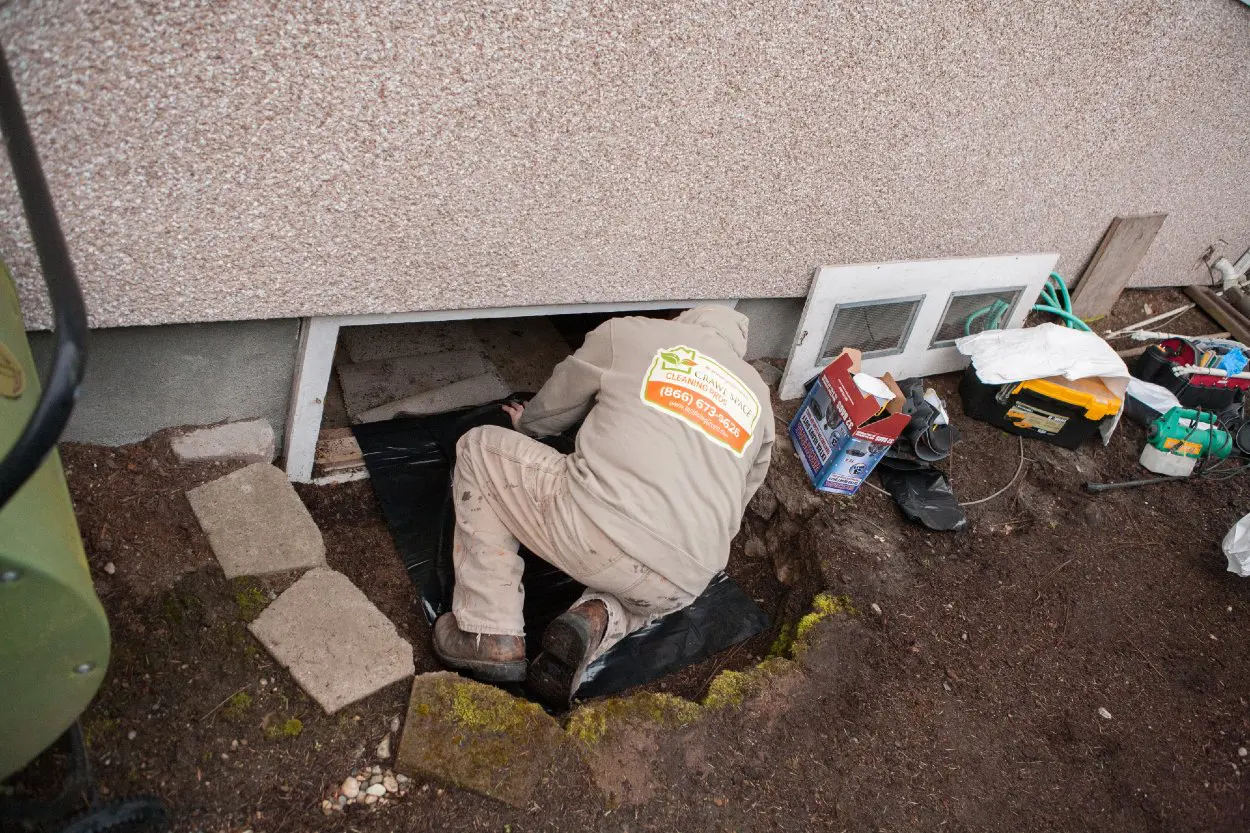
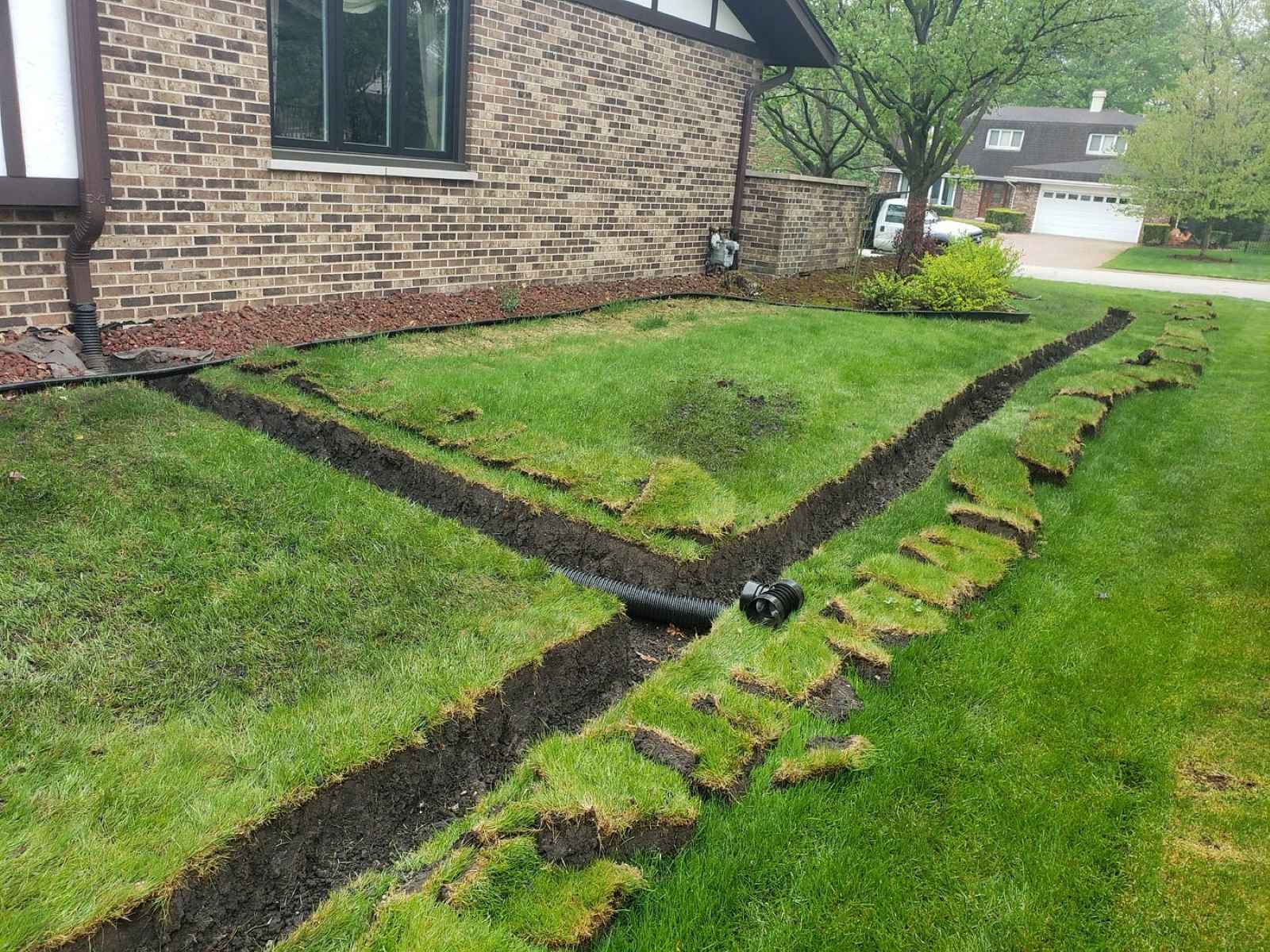

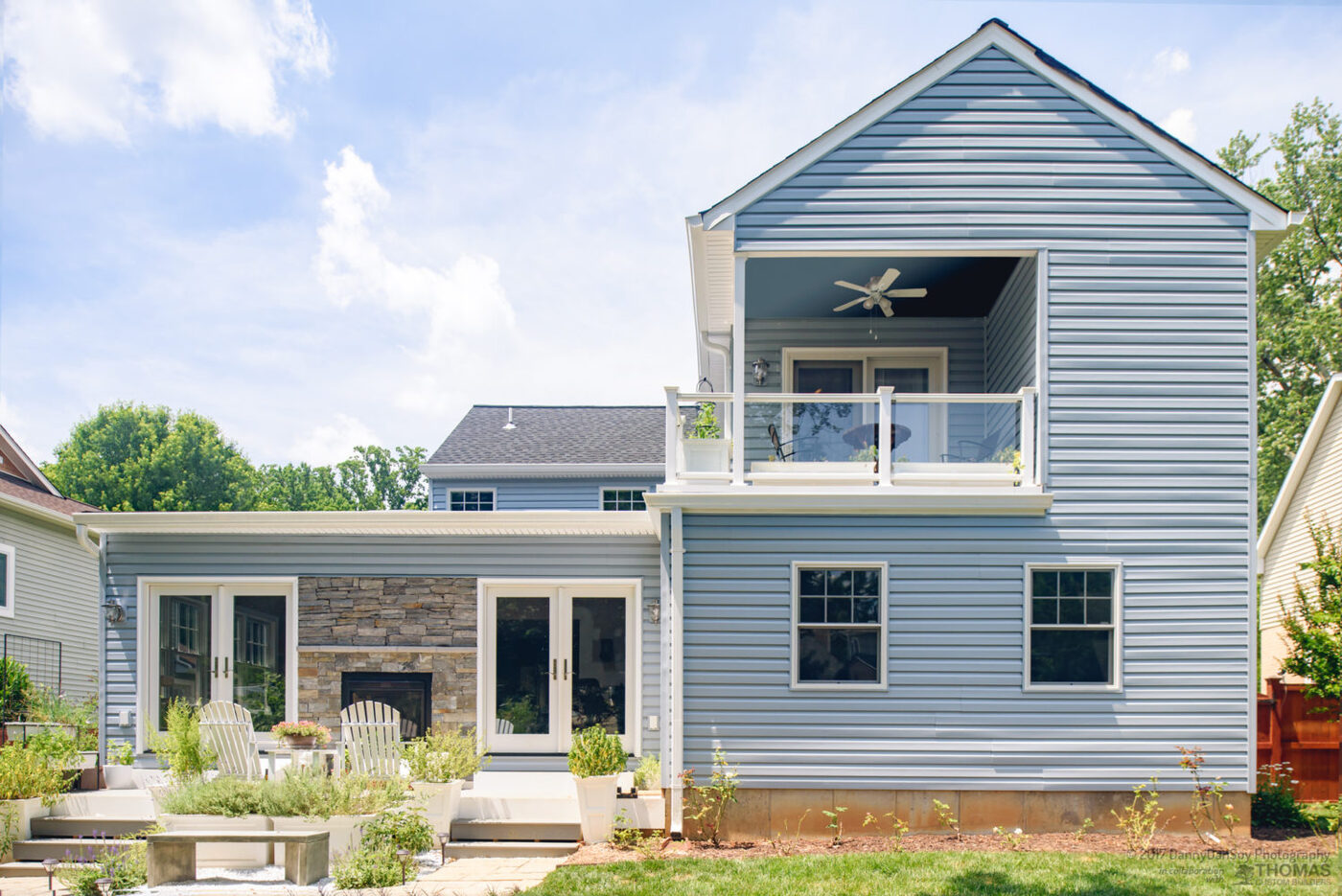

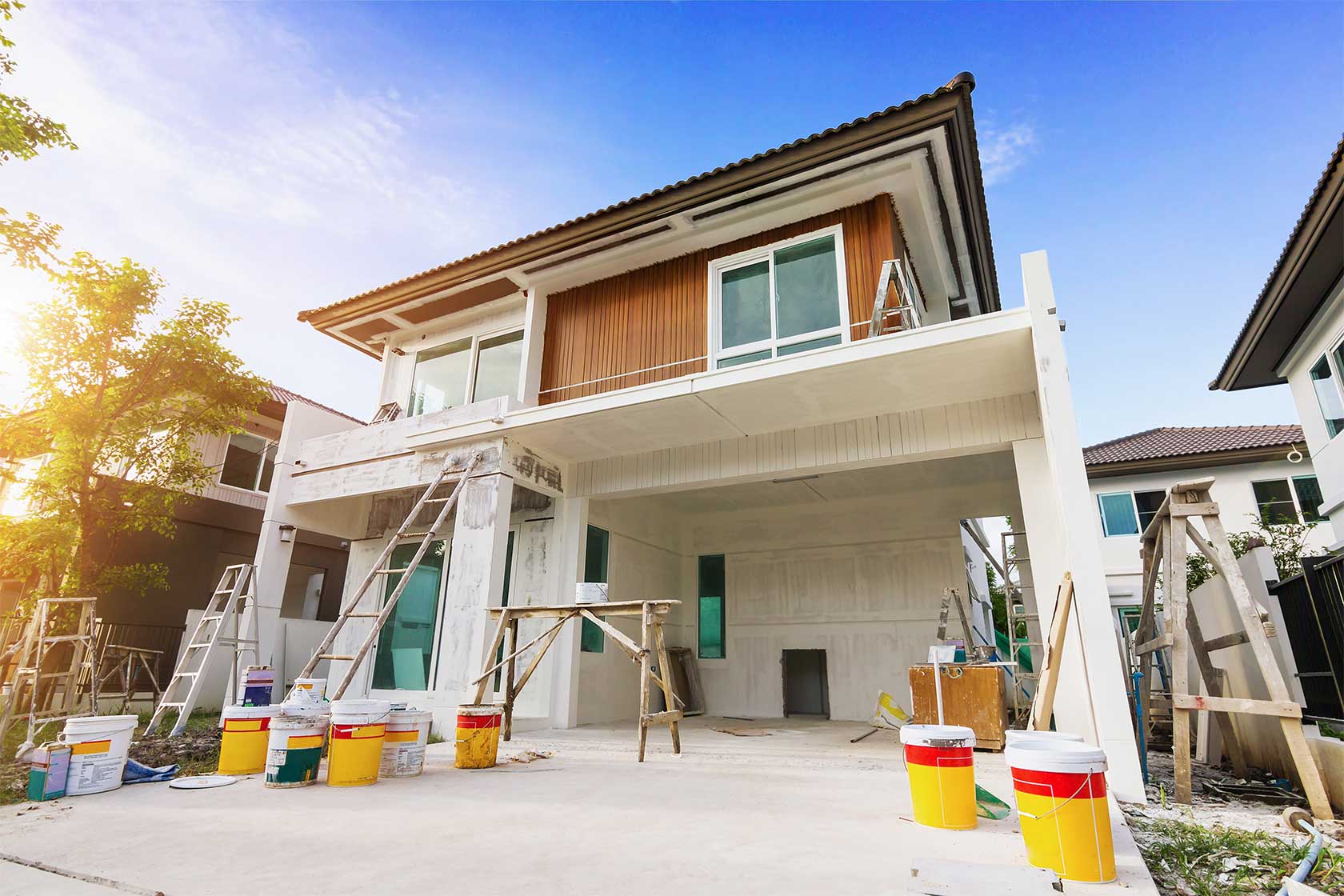
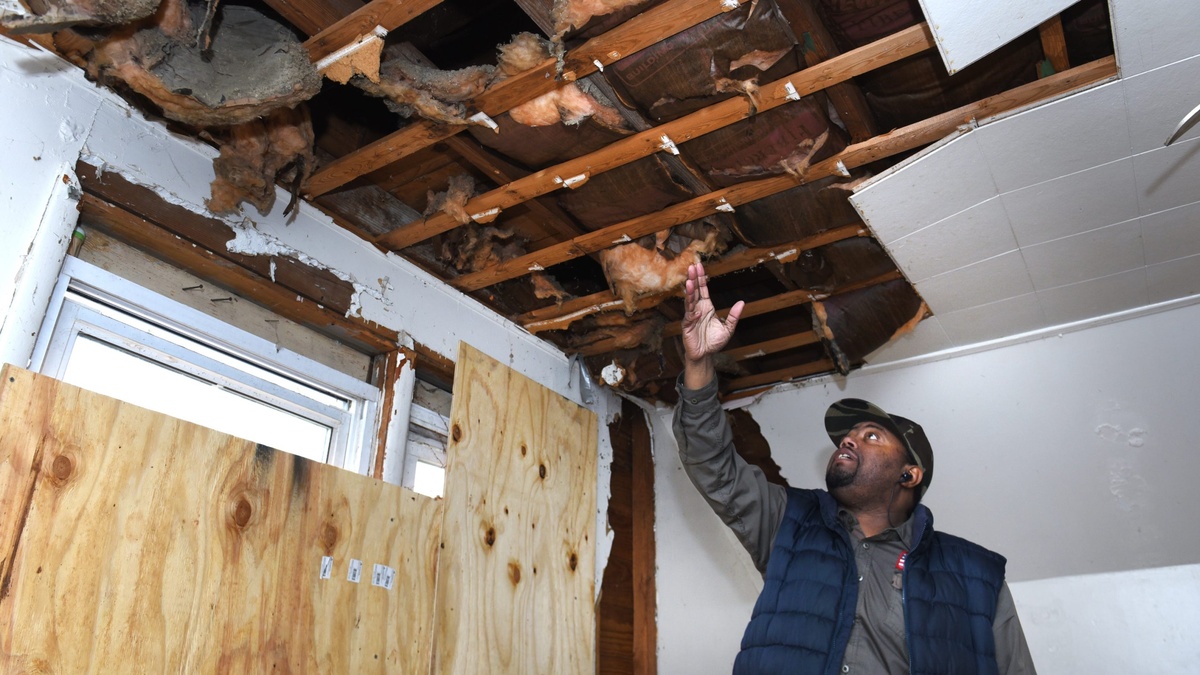
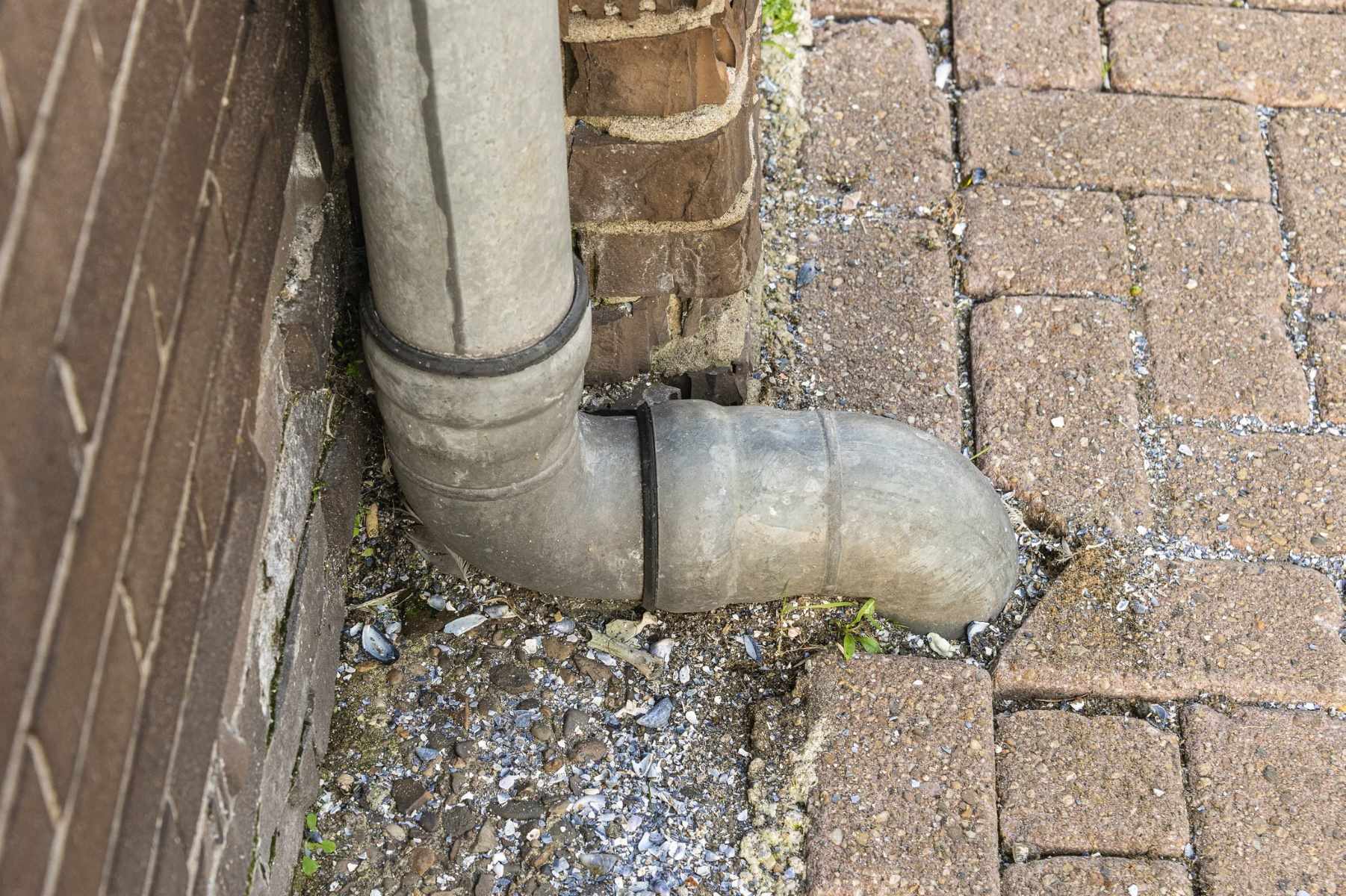




0 thoughts on “How To Find Houses In Need Of Renovation”